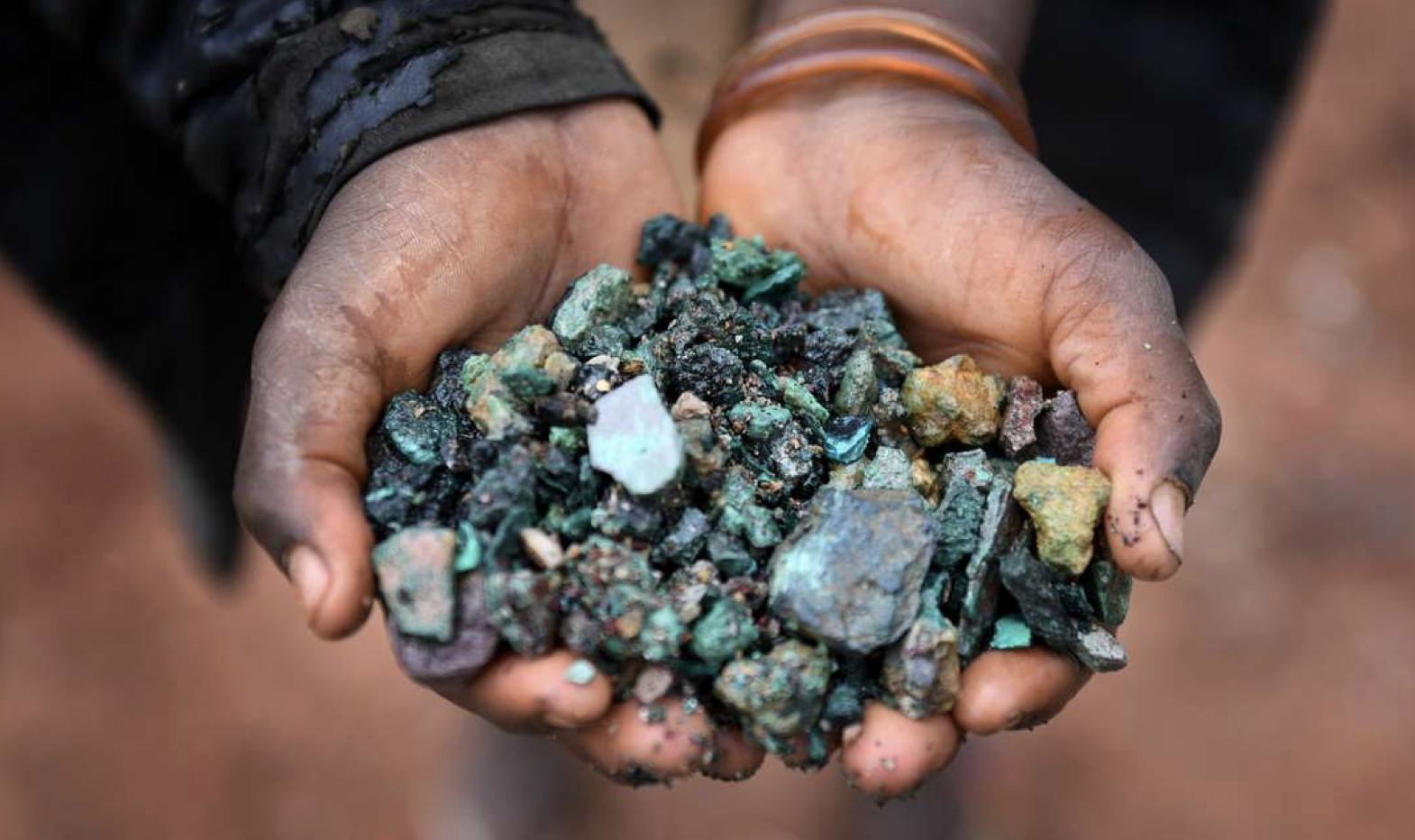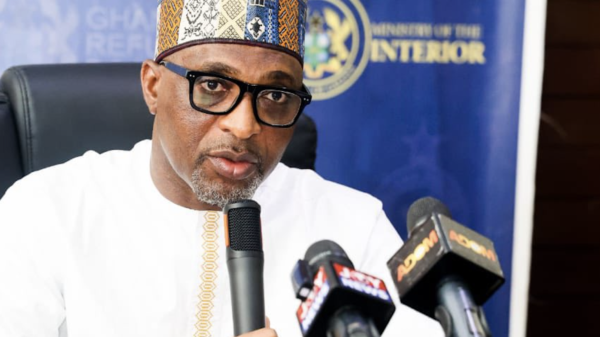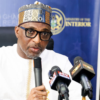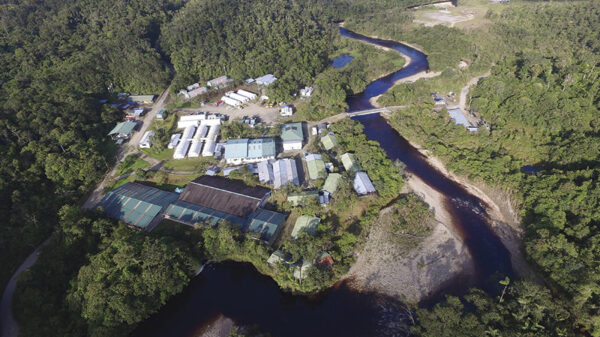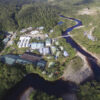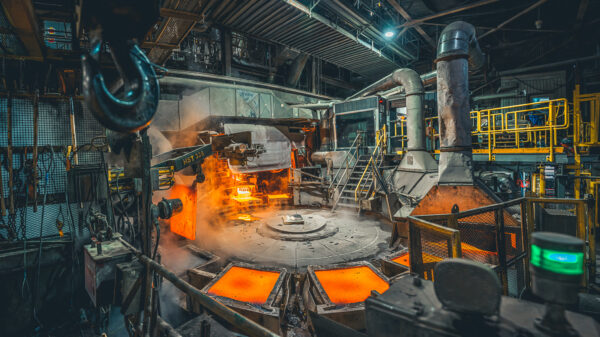The Democratic Republic of the Congo has paused exports of a key battery metal needed in electric vehicles to curb declining commodity prices. The country’s role in its production, accounting for over three-quarters of the global supply, is well-known for being highly controversial.
Its price is currently at the highest point since a spike in 2023 at approximately US$12.25 per pound, according to recent data from commodity data expert Fastmarkets.
The ban came into force on Feb. 22 and will last for at least four months. There is currently a vast oversupply internationally, the country’s government has pointed out.
The international transport prohibition follows the metal’s price plunging to a 9-year low last month. It was valued at a mere US$21,500 per metric ton on the London Metal Exchange in February. The element was worth around US$82K back in 2022, in comparison.
The Eurasian Resources Group (ERG), a major cobalt supplier with operations in the Congo, declared force majeure and stalled deliveries as a result.
Chinese investors have been holding off on purchasing cobalt stocks for the time being because of the development. Cobalt trading on China’s Wuxi Stainless Steel Exchange has come to a halt.
“The ban is likely to highlight Indonesia’s growing importance and critical role as a supplier of cobalt intermediates to China,” Fastmarkets analyst, Robert Searle, said.
Cobalt prices surging after Congo's export ban pic.twitter.com/6hPLTa6q6M
— Michael J. Kavanagh (@mjkcongo) March 12, 2025
Read more: Fortune Minerals collaborates with Rio Tinto to develop cobalt and bismuth recovery tech
Read more: UC Irvine develops cobalt-free lithium-ion batteries utilizing low quantities of nickel
Australian bank forecasts oversupply to remain for years yet
Analysts from Sydney’s Macquarie Bank say the global cobalt surplus the Congolese government is trying to diminish will remain until at least 2028.
Fastmarkets estimated that there was a 25,000-tonne oversupply in 2024, primarily driven by mining in the Congo and Indonesia. The latter Asian nation holds a 10 per cent market share, approximately.
Aside from ERG, the Congo’s cobalt production is primarily dominated by Switzerland’s Glencore PLC (OTCMKTS: GLCNF) (LON: GLEN) (FRA: 8GC) and China Molybdenum Ord Shs A (SHA: 603993). Their involvement here, along with other international operators, has been the subject of scrutiny on multiple occasions.
The country’s cobalt mining industry is known for its terrible working conditions and human rights abuses.
The inconvenient truth of net zero.
Over 40,000 child slaves in Congo work in appalling conditions in cobalt mines, with poor safety equipment and for very little money. The cobalt is used in many products – including the batteries of many electric vehicles. pic.twitter.com/4pyqSFvuNT
— James Melville 🚜 (@JamesMelville) March 7, 2025
rowan@mugglehead.com

